Some Very Good News About Poverty
THERE IS MORE GOOD NEWS IN THE WORLD THAN BAD
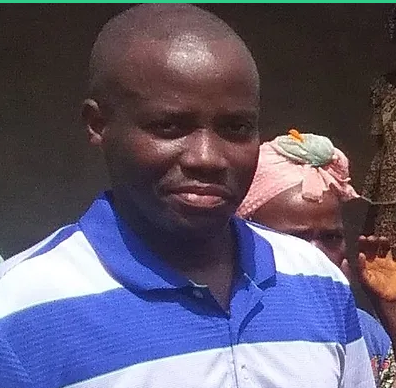
It was minus 24 degrees on December 29th, 2004, when Bassie Kargbo arrived in Thunder Bay. Bassie was a refugee from the civil war in Sierra Leone* Since that time, Bassie who has a master’s degree in both education and international relations has led a warm, productive and meaningful life with his wife Mabinty Miriam and their 4 children in Thunder Bay.
However, within 5 years (2009) he started to feel there was something missing. He realized that while he had a great life in Canada, there were hundreds of thousands in Sierra Leone who did not.
The civil war, which was caused in part by a fight over diamonds (blood diamonds), left 50,000 dead and the resulted in the closure of two thirds of the schools. Most of the children were stranded without education and a future.
It also seemed to Bassie that Sierra Leone was divided in two, those who looked at the past i.e. the war and its darkness which he called, “looking away from the sun” and those who were positive and optimistic about the future and saw opportunities, “looked towards the light …” the sun.
Bassie, who looked towards the sun, decided he had to do something.
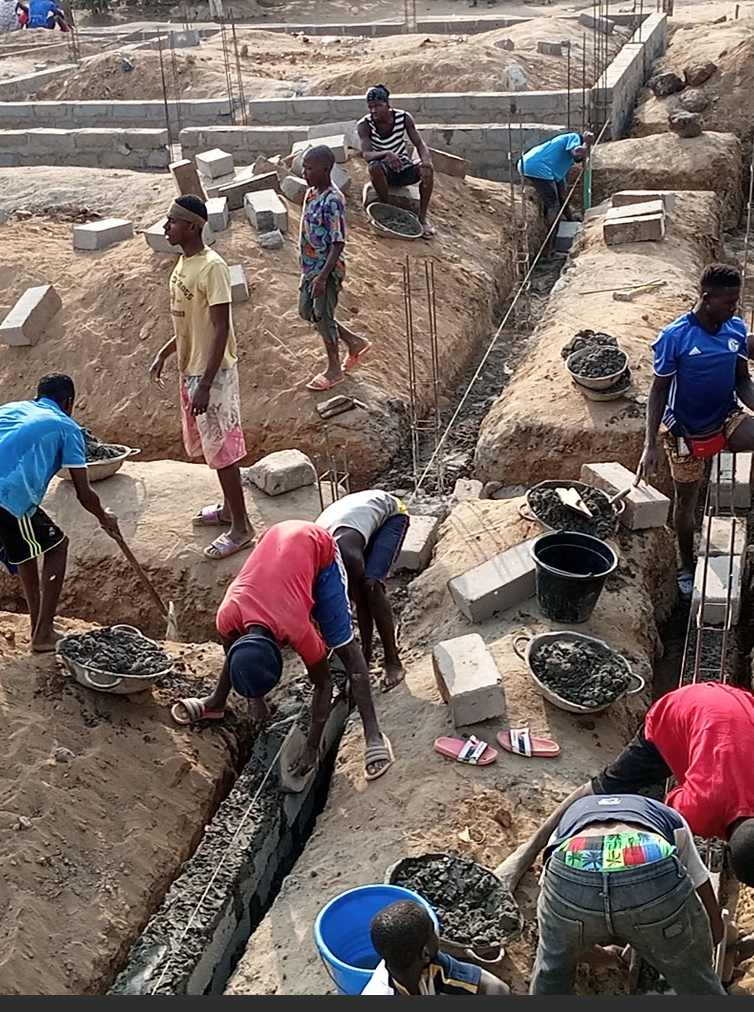
With the blessing and support of his family, Bassie returned to Sierra Leone to make a difference in the lives of the poor and the unfortunate. As he stood gazing out at an empty field at a former refugee camp in Kissi Town just outside of Freetown* he had a vision of a school filled with children. “This is what I will do,” he proclaimed, “I will build a school here.”
He had no money but raised it from people in Thunder Bay: The First Presbyterian Church, the Rotary Club of Port Arthur, Nu Vision, Bikes for Humanity and the Global Conscience Circle. He developed the plans, obtained the proper permits, and coordinated the construction of the building. The first building comprised of 8 classrooms, a store and staff room, in 2.0 acres of land was opened in January 2010. Children flocked to the school and additional school buildings were constructed in 2014, 2020, and 2021.
There was, however, bad news back in Thunder Bay. Their son needed a bone marrow transplant in Toronto due to sickle cell anemia. Fortunately, one of the daughter’s marrow was compatible.
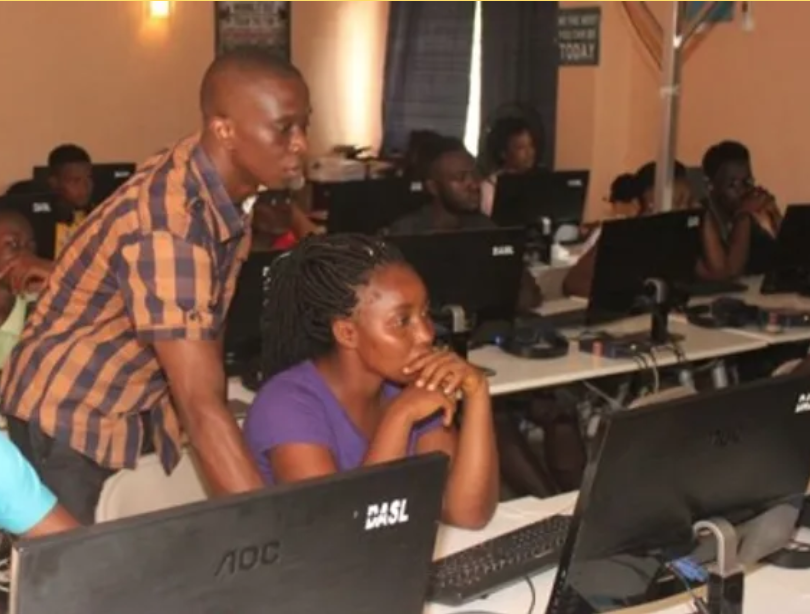
In Toronto, staying at Ronald McDonald House while his son was having his successful transplant, he was privileged to connect with a person familiar with building and raising money for African schools who would work with him on his next dream … A VOCATIONAL INSTITUTION, a place where older students could learn computer skills, food, security, culinary skills, tailoring, hairdressing, cosmetology skills, and adult literacy.
He started a new charitable foundation known as the Canserra Foundation. https://www.canserra.org/
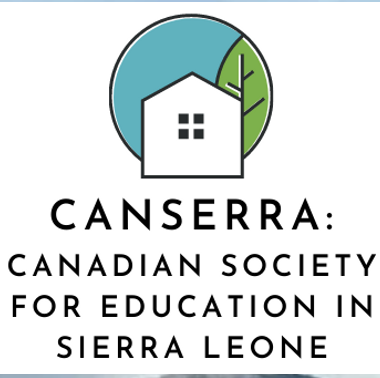
Through connections and perseverance, he raised enough money from the Rotary Club of Toronto, Madiro, Impact Ventures and others to get the vocational institute started.
They began building in February 2023, the walls were erected quickly by the community. They worked well into the night so they could get the roof on before the rains started in May.
While more money is still needed, the building continues so the school will be ready for opening in September. This is a result of loans from supporters, helpful suppliers, small donations from many individuals, other Rotary Clubs and people in Sierra Leone. People told Bassie he could never make this happen.
As Bassie says, he focuses on solutions, not problems!
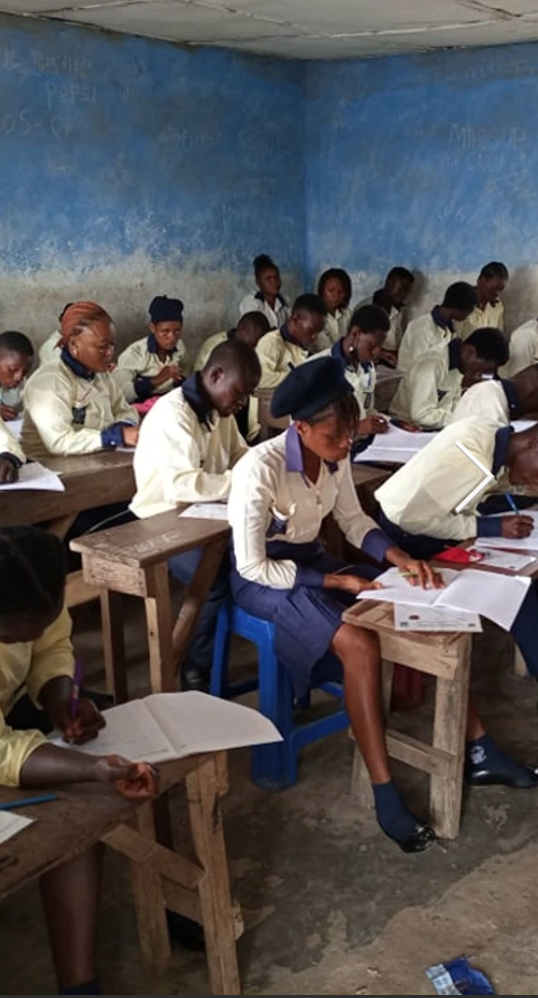
Through the efforts of people like Bassie and others, extreme poverty around the world has been cut in half the past 20 years.** MOST PEOPLE DO NOT KNOW THIS. In fact, surveys done by the GAPMINDER FOUNDATION https://www.gapminder.org/, a Swedish organization focused on providing facts and information about the real state of the world, and not the world portrayed by the media, continually find more than 80% of the thousands of people surveyed all over the world view the world as either as poor or poorer than 20 years ago. The truth is in 1990 the number of people living in extreme poverty** was 38%. It is now 8%.
Also, in Sierra Leone according to the U.N., deaths in pregnancy and childbirth and beyond have been reduced by 74% since 2000. This is largely because of prenatal programmes for mothers and children. Health care in Sierra Leone is now free for pregnant women, as is contraception. These advances are not unique to Sierra Leone, they are worldwide, and most people do not know about them.
Nicolas Kristof, a renowned International Development Pulitzer Prize-winning journalist, wrote in the New York Times about a recent discussion he had with the President of Sierra Leone where they concluded one of the reasons for the lack of knowledge is that all of the news the public receives are the “doom and gloom stories”, about war, food shortages, and climate issues such as drought. There is little about the good news side. The result: the public has become exhausted from hearing so much about the dark side. This has left people with feelings of despair, no hope and believing there is nothing they can do that will help.
In fact, there is much good news and positive action that has and can be taken. Says Kristof in his article, “We are privileged to live in an age of miracles, the blind can see,”(cataract and trichiasis surgery), “the lame can walk,” (club foot corrections, hips and knee surgeries),“and maladies like leprosy, polio, fistula, guinea worm and river blindness are receding. This progress is as authentic as all the perils that make the headlines.”
The reduction in poverty is a result of many advances in people’s welfare and are a result of many concentrated actions made over many years. These include improvements in education and health care, improved political stability and human rights, expanded infrastructure programmes, advances in technology, removal of landmines, more safe water, fewer wars, and better food security. Conservation and care of our planet…yes care of our planet. They all help to move us to a better place.
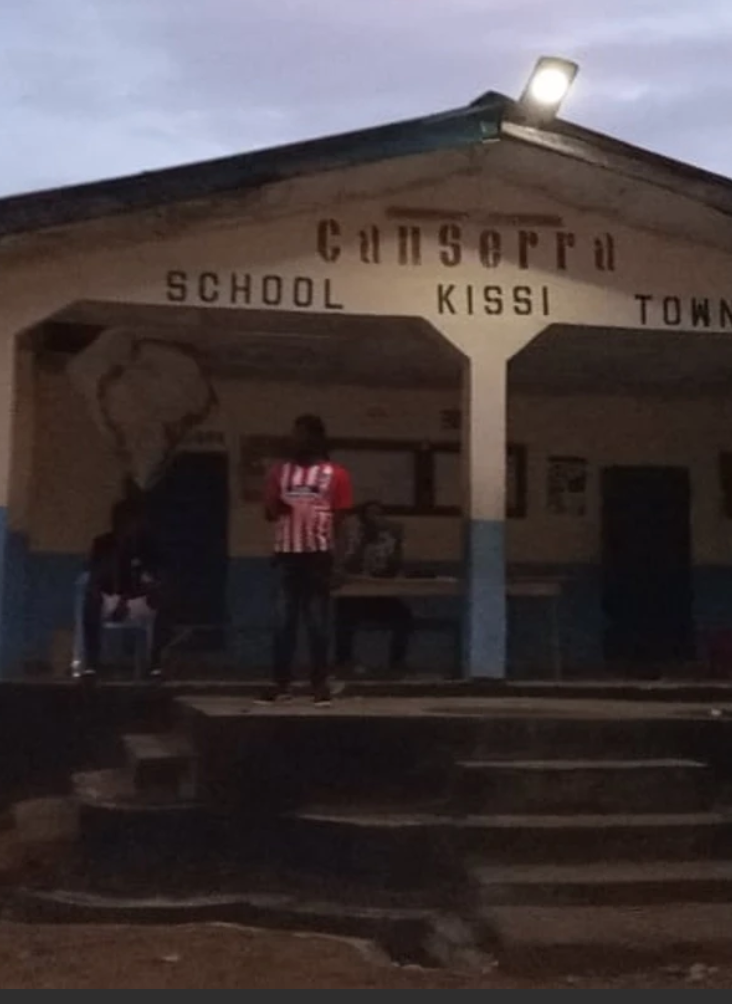
So does learning about the good things that are happening. They can continue to inspire us to act and create hope. Fortunately, there are groups and people like Bassie who do know what is happening, and in spite of setbacks, know how to make improvements and direct their energy and money into improving the lives of others.
This includes people and groups like the Gates Foundation, CUSO, CARE International and other international humanitarian organizations and foundations, donations from country aid programmes and various government development agencies, faith groups, service clubs like Rotary, and millions of individuals around the world doing many little things.
HUGE progress has been made and will continue in the future. This is GOOD NEWS!
Till next time,
Chris Snyder
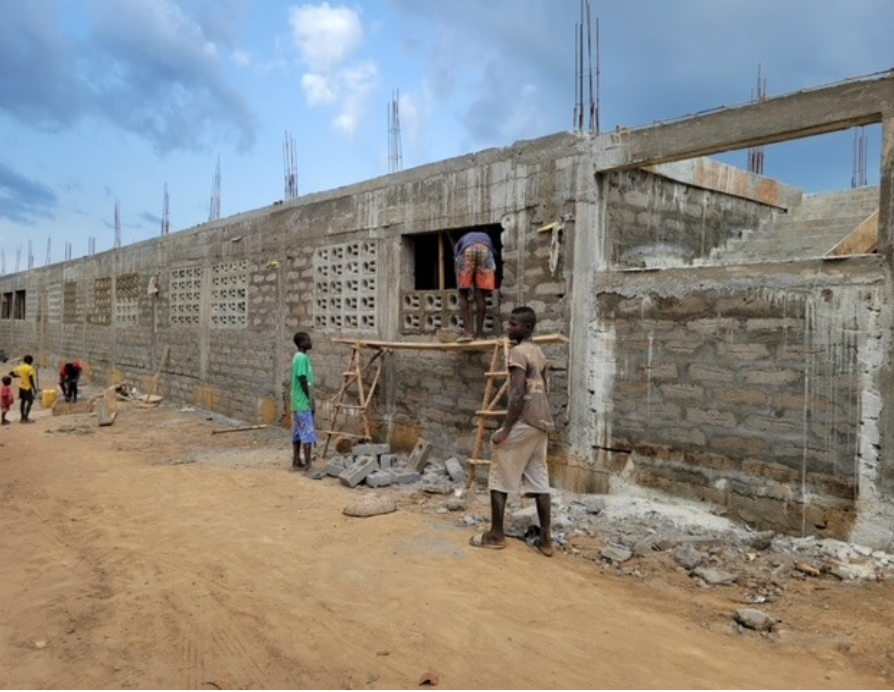
*Sierra Leone is a small country in West Africa. By comparison, it was 30 degrees in Sierra Leone the day he arrived in Thunder Bay. Freetown is the capital and was founded by the abolitionist John Clarkson in 1792 as a settlement for freed African American, Caribbean and African slaves.
** Extreme poverty is defined by the U.N. as living on less than $2/day, characterized by severe deprivation of basic human needs including food, safe drinking water, sanitation, health, shelter, education and information. In 1800, 85% of the people in the world lived in these conditions.
*** James Fraser, (the founder of Dignitas International a leading player on AIDS in Africa and now the CEO of Madiro, an organization focusing on health care in Africa), believes the future of health care will be driven by technology. For example, the detection of tuberculosis can now be determined by coughing into a telephone. This early result and inexpensive detection will reduce misery and save many lives.
You May Also Like
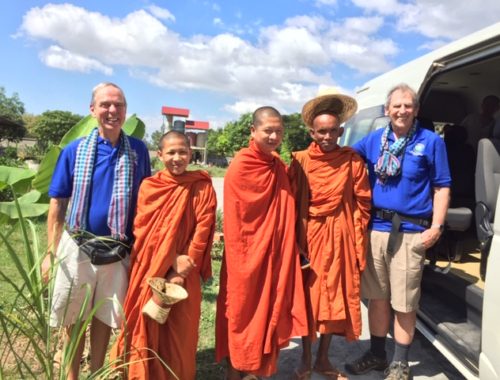
Cambodia!
January 13, 2019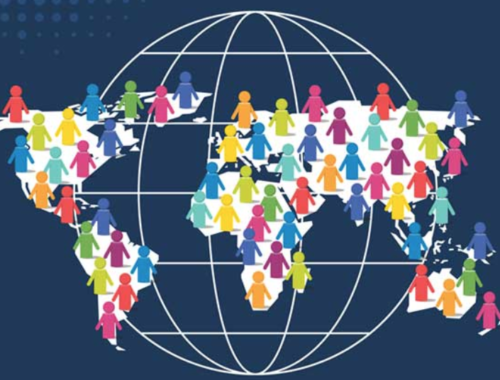
Getting Along and the Golden Rule
July 31, 2022
